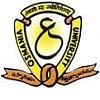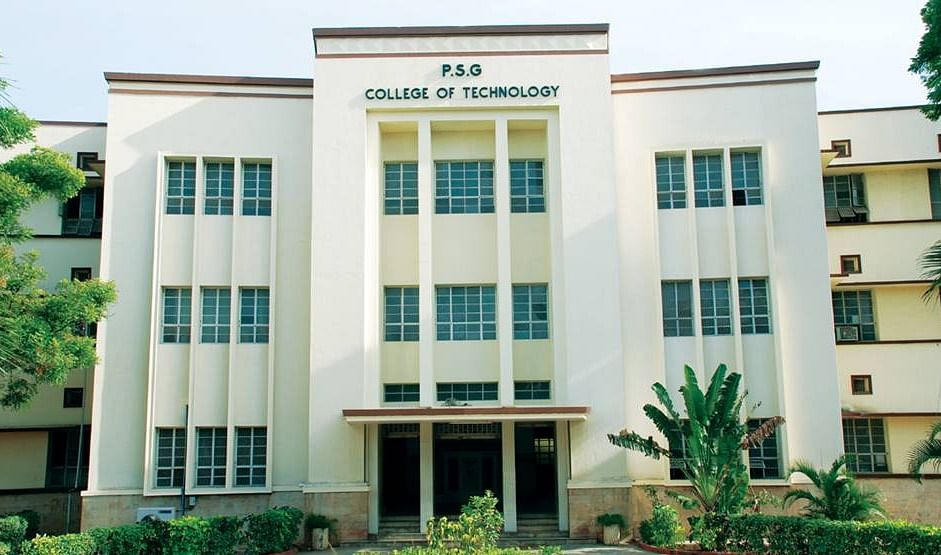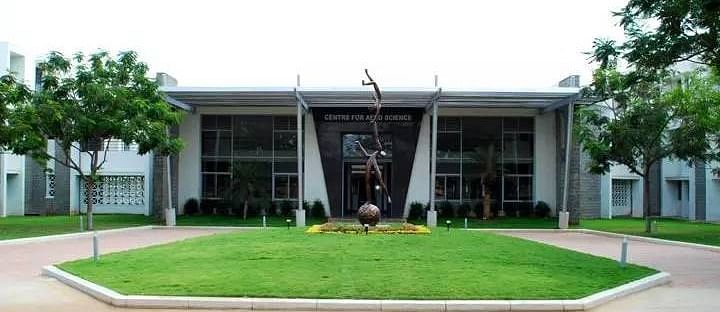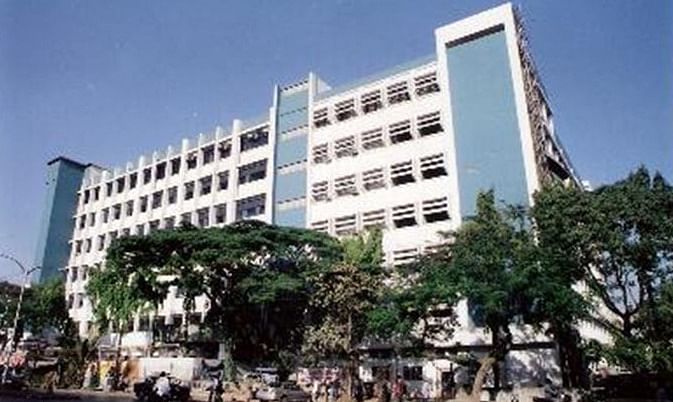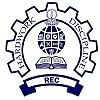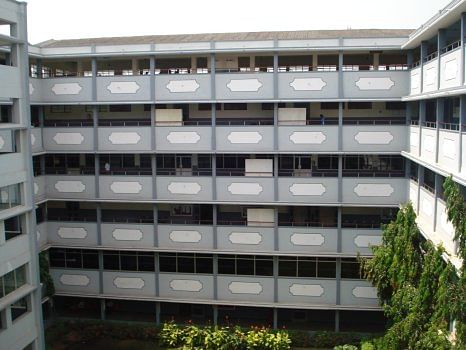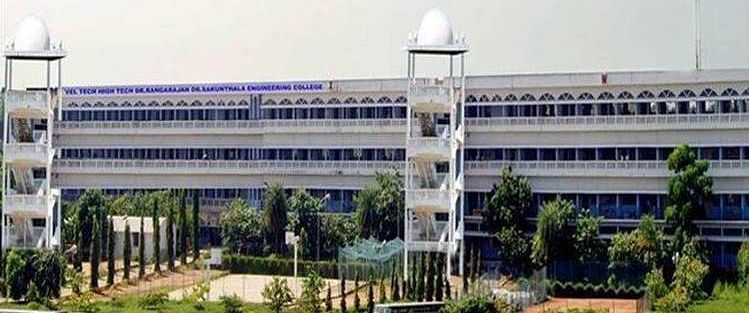BE Biomedical Engineering Syllabus and Subjects

The BE Biomedical Engineering syllabus is a four-year undergraduate course in Biomedical Engineering. The BE Biomedical Engineering syllabus and subjects are divided into eight semesters. The syllabus includes Medical Molecular Biology, Bio-Fluid Mechanics, Basic Mathematics, Medical Aspects Of Electromagnetic Theory, Embedded Systems In Medicine, Engineering And Biomaterials, Introduction To Bio-Telemetry And Analysis, and many more.
Semester Wise BE Biomedical Engineering Syllabus
The BE Biomedical Engineering course aims to ensure that the students have all the exposure in covering everything from biomedical to engineering aspects of human health and the application of engineering principles and problem-solving methodologies. The BE Biomedical Engineering course is a comprehensive study about making advancements in human health and health care on all levels. Semester-wise BE Biomedical Engineering subjects list is given in the table below:
|
Semester I |
Semester II |
|
Engineering Mathematics-I |
Engineering Mathematics- II |
|
Engineering Physics |
Fundamentals Of Material Science |
|
Engineering Chemistry |
Environment Science And Surroundings |
|
Fundamentals Of Civil And Mechanical Engineering |
Fundamentals Of Electrical And Electronics Engineering |
|
Manufacturing Mechanics |
Basic Thermodynamics |
|
English |
Computer Programming Languages |
|
Practical Lab Session |
Practical Lab Session |
|
Semester III |
Semester IV |
|
Engineering Mathematics-III |
Engineering Mathematics-IV |
|
Fundamentals Of Electric Circuits And Analysis |
Practical In Electronic Circuits And Analysis |
|
Basics Of Electronic Devices And Circuits |
Introduction To Human Anatomy And Physiology |
|
Introduction To Switching Theory And Logical Design |
Fundamentals To Electrical And Electronic Instruments |
|
Computer Programming |
Dynamics Of Biofluids |
|
Strength Of Materials |
Engineering And Medical Instrumentation-I |
|
Practical Lab Session |
Practical Lab Session |
|
Semester V |
Semester VI |
|
Control System And Engineering |
Embedded Systems In Medicine |
|
Introduction To Microprocessor And Its Applications |
Principles Of Diagnostic And Therapeutic Equipment |
|
Fundamentals To Integrated Circuits |
Medical Informatics And Expert Systems |
|
Signals And Systems Engineering |
Basics Of Digital Image Processing |
|
Introduction To Biomechanics |
Introduction To Biomedical Signal Processing |
|
Engineering And Medical Instrumentation-II |
Optional Subject I |
|
Practical Lab Session |
Practical Lab Session |
|
Semester VII |
Semester VIII |
|
Introduction To Radiological Equipment |
Advanced Biomedical Engineering And Instrumentation |
|
Engineering And Biomaterials |
Engineering Economics And Sociology |
|
Hospital Safety, Guidelines, And Management |
Introduction To Bio-Telemetry And Analysis |
|
Optional Subject II |
Optional Subject IV |
|
Optional Subject III |
Optional Subject V |
|
Practical Lab Session |
Practical Lab Session |
BE Biomedical Engineering Subjects
The BE Biomedical Engineering course offers both theoretical and practical aspects of the study. BE Biomedical Engineering subjects like Medical Molecular Biology, Bio-Fluid Mechanics, Basic Mathematics, Medical Aspects Of Electromagnetic Theory, Embedded Systems In Medicine, Engineering And Biomaterials, Introduction To Bio-Telemetry And Analysis, and many more. The course curriculum includes theoretical and practical subjects. The compulsory subjects include:
- Medical Molecular Biology
- Bio-fluid Mechanics
- Basic Mathematics
- Medical Aspects of Electromagnetic Theory
- Engineering And Biomaterials
BE Biomedical Engineering Course Structure
BE Biomedical Engineering course structure includes both core and elective subjects which are the aspects of the study. The course structure is made in such a way that both classroom training and practicals are included in the course curriculum. The course structure is given below:
- VIII Semesters
- Core Subjects
- Electives
- Practicals
- Projects
BE Biomedical Engineering Teaching Methodology and Techniques
The course curriculum takes into account different teaching methods. Classroom learning includes practical sessions for students. Students who are passionate about studying deep into the Instrumentation, Mechanics, Design, Manufacture, Programming Of A Biomedical Engineering in the future. Listed below are the teaching methodology and strategies in general:
- Practical & Live sessions
- Guest Lectures, Seminars, and Workshop
- Group Assignment and Discussion
- Project Submission
BE Biomedical Engineering Projects
Projects are given to students to understand the concepts and help students in getting hands-on experience. Engineering Projects and job training are to be completed by the end of the final year. Some popular BE Biomedical Engineering projects topics are:
- Periodontitis Monitoring Device
- Portable Vitals Monitoring Device
- EEG Controlled Wheelchair
- RCSD – Rotator Cuff Strengthening Device
- Mandibulomaxillary Fixation Device
BE Biomedical Engineering Reference Books
BE Biomedical Engineering books are available both online and offline by many authors and publications. Reference books are meant for gaining an in-depth understanding of engineering concepts. Books on BE Biomedical Engineering for academic purposes differ according to subjects. Some of the reference books for the course in BE Biomedical Engineering are:
|
Books |
Authors |
| Intermediate Physics For Medicine And Biology |
Russell K. Hobbie, Bradley J. Roth |
| The Biomedical Engineering Handbook, Third Edition |
Joseph D. Bronzino, Donald R. Peterson |
|
Non-Invasive Instrumentation And Measurement In Medical Diagnosis |
Robert B. Northrop |
|
Biomedical Signals, Imaging, And Informatics |
Joseph D. Bronzino, Donald R. Peterson |

